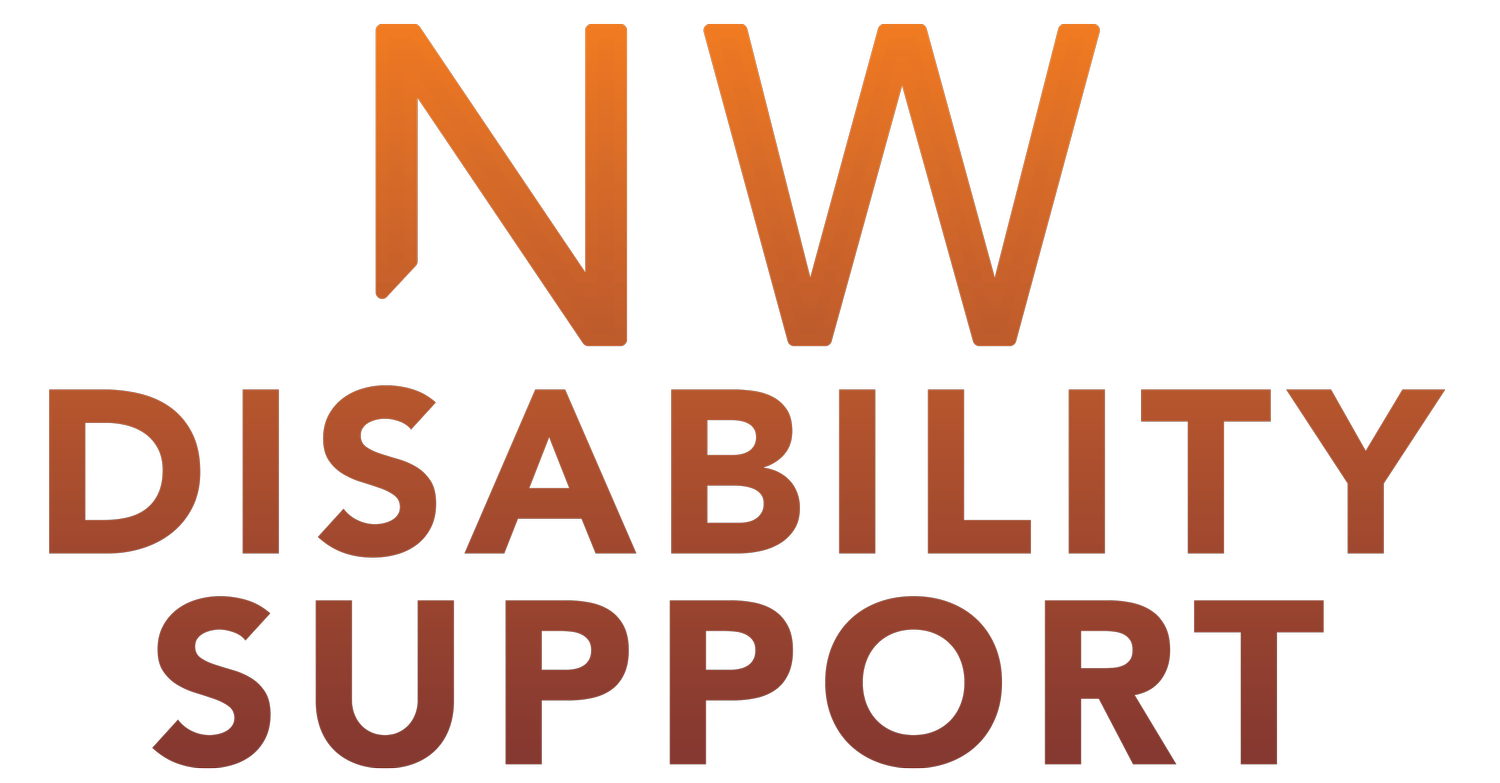Inclusive Photography: Inclusion Matters & Photography is Fun!
Bike First! camp is five days of teaching, action, excitement, challenge, and joy as riders experience balance—and then independence. We capture these powerful moments through photography.
Thanks to Inclusive Photography, we’ve elevated our visual storytelling by equipping volunteers and staff—including individuals with intellectual and developmental disabilities (IDD)—with professional digital cameras and supplies to document the experience. We have lots of happy folks taking pictures.
Staff Spotlight: Tiffany Woodin, Camp Photographer
Tiffany (she/her) – Camp Photographer
Tiffany’s connection to Bike First! runs deep—she learned to ride a bike here years ago, and now she brings her unique perspective behind the lens as a camp photographer.
For the past several years, Tiffany has volunteered at Bike First!, and this year she’s especially excited to capture the joy, determination, and milestone moments of our riders. With a keen eye for storytelling through photos, Tiffany helps document the spirit of inclusion and achievement that defines Bike First!
Beyond the camera, Tiffany enjoys traveling, attending social events and camps, and spending time with younger children. She’s also a proud dog mom to a Boston Terrier named Rocky and loves browsing books at the local library.
Bike First! staff and volunteers as photographers
Our staff and volunteers include individuals with disabilities who benefit:
Empowerment and Representation: It gives individuals with disabilities the chance to be seen and heard, breaking down stereotypes and highlighting their capabilities.
Unique Perspectives: People with disabilities bring fresh viewpoints, capturing moments others might miss and offering a diverse representation of the event.
Inclusion and Accessibility: It fosters a sense of belonging and demonstrates that everyone, regardless of ability, can make meaningful contributions.
Skills Development: Photography provides personal growth, creative expression, and career-building opportunities.
Promoting a Disability-Inclusive Culture: It sets an example for other organizations, encouraging broader inclusivity.
Community Engagement: It can inspire others, changing attitudes toward disabilities and demonstrating that they don't limit involvement in dynamic roles.
Ultimately, it promotes equality, builds community, and challenges societal perceptions, benefiting both participants and the larger community.













